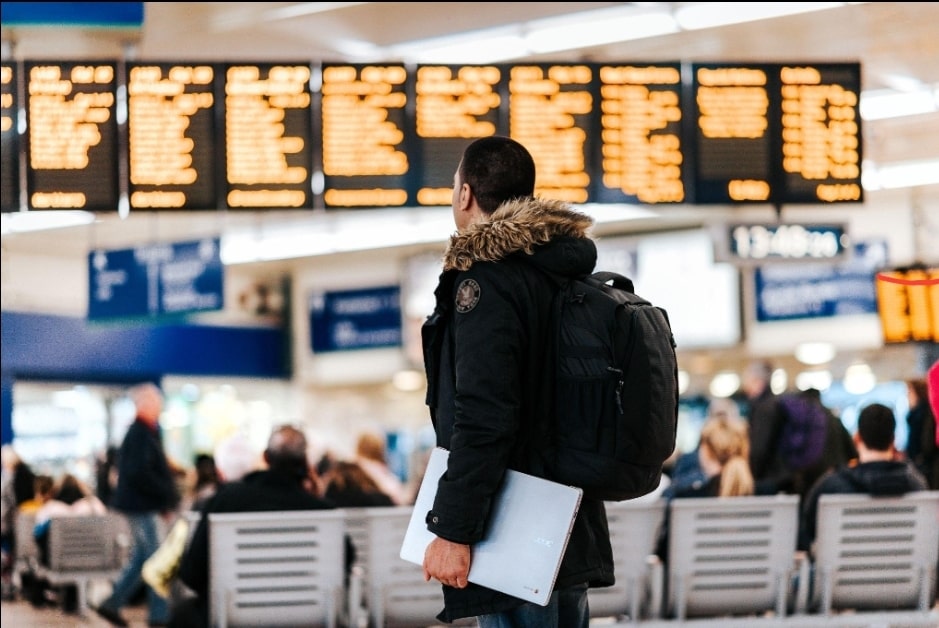
Starting a journey to new horizons could be one of life’s most pleasurable experiences. Depending on whether you are exploring other cultures, chasing professional opportunities, or seeking a fresh start, the journey may be both exhilarating and daunting. In order to make your transfer to Australia with the 186 ENS (Employer Nomination Scheme) visa easier and more enjoyable, this site offers practical travel tips.
Recognising the 186 ENS Visa
- Categories of visas The Temporary Residence Transition stream and the Direct Entry stream are two subcategories of the 186 ENS visa. The Direct Entry stream is for candidates who have not previously worked in Australia on a 457/482 TSS visa, whereas the Temporary Residence Transition stream is for individuals who have already held a 457/482 TSS visa.
- Company Nomination: In order to qualify for this visa, your company must put up a strong case for why you would be an excellent employee.
- One of the major advantages of the 186 ENS visa is that it may result in permanent residency in Australia.
Study and Supporting Material

- Conduct a thorough investigation of your destination: the Australian location where you plan to reside. Recognise the environment, people, cost of life, and amenities offered.
- Gather Important Documents: Make sure you have all the paperwork you’ll need for your visa application, such as your job contract, evidence of health insurance, and credentials.
- Check Your Health: Depending on your situation, you could be required to get a health checkup as part of the visa application procedure.
Short-Term Accommodation:
- Prepare temporary housing for your arrival in Australia by booking it. It could be a hotel, serviced residence, or an Airbnb.
- Know the Rental Market: If you want to rent a house, learn about the rental market in the city you’ve decided on. Recognise rental costs, lease conditions, and paperwork needed to get a rental home.
- Location is Important: Take into account how close your lodging is to your office, amenities, and public transit.
Exchange of Currencies and Banking:
- Open an Australian Bank Account: Once you get there, it’s imperative that you do so. Find a bank that offers services that suit your financial needs by doing some research.
- Currency Exchange: If you’re carrying a sizable sum of money, research your alternatives for exchanging currencies to obtain the best rates and pay the fewest costs.
- Budget wisely: Create a spending plan that accounts for all of your living expenditures, such as lodging, food, transportation, and any on-going debt.
Australian Healthcare System:
- Health Insurance: Make sure you have enough coverage. Health insurance might provide you more options and quicker access to medical treatment because the Australian healthcare system combines public and commercial services.
- Medicare: Make sure to sign up if you’re eligible. A variety of medical services are accessible through Medicare at no cost or at a discounted cost.
- Prescriptions: Be aware of the different pricing and procedures for prescription drugs in Australia compared to your native country.
The Culture of Australia: Adaptation
- Australia is a cosmopolitan nation; as such, embrace diversity. Be receptive to interacting with individuals from different cultural traditions and accepting of the variety of Australian culture.
- Learn About Local conventions: Become familiar with local greetings, tipping, and social conventions in Australia.
- Discover Local food: Australian food is varied and frequently inspired by flavors from outside. Don’t pass up the chance to sample Australian icons like Vegemite, fish and chips, and meat pies.
Creating a Support Network
- Join Local Groups: To network and create a support network, look for neighborhood expat or community groups.
- Professional networking: If you’re moving for employment, you could join organizations for professionals in your sector to broaden your network.
- Attend Local Events: Get involved in the neighborhood by going to regional celebrations and cultural events.
Tax Compliance and Visas:

- To keep your legal standing in Australia, make sure you are aware of and follow the requirements of your 186 ENS visa.
- Taxes: Become familiar with your responsibilities and the Australian tax system. You might need to submit a tax return.
- Legal Advice: Speak with an experienced immigration lawyer if you have particular legal issues or concerns.
Recognising Education and Skills:
- Assess Your Qualifications: If you want to work in a profession that calls for a certain set of credentials or a license, find out how to have them recognised in Australia. To fulfill Australian requirements, certain occupations can need further training or certification.
- Language fluency: You could be required to provide evidence of English language fluency depending on your employment and visa category. If required, think about taking English language tests or classes.
- Investigate Educational Opportunities: If you or a member of your family intends to continue your education, look into the many Australian educational institutions that are renowned for their excellent curriculum and international acclaim.
Getting an 186 ENS visa and moving to Australia is a big step towards new opportunities. You may travel with confidence and get the most out of your time in Australia by properly organizing, planning, and comprehending the key components of your transfer. Explore Australia’s natural beauty, embrace the adventure, and take advantage of the chances that are waiting for you in your new home.